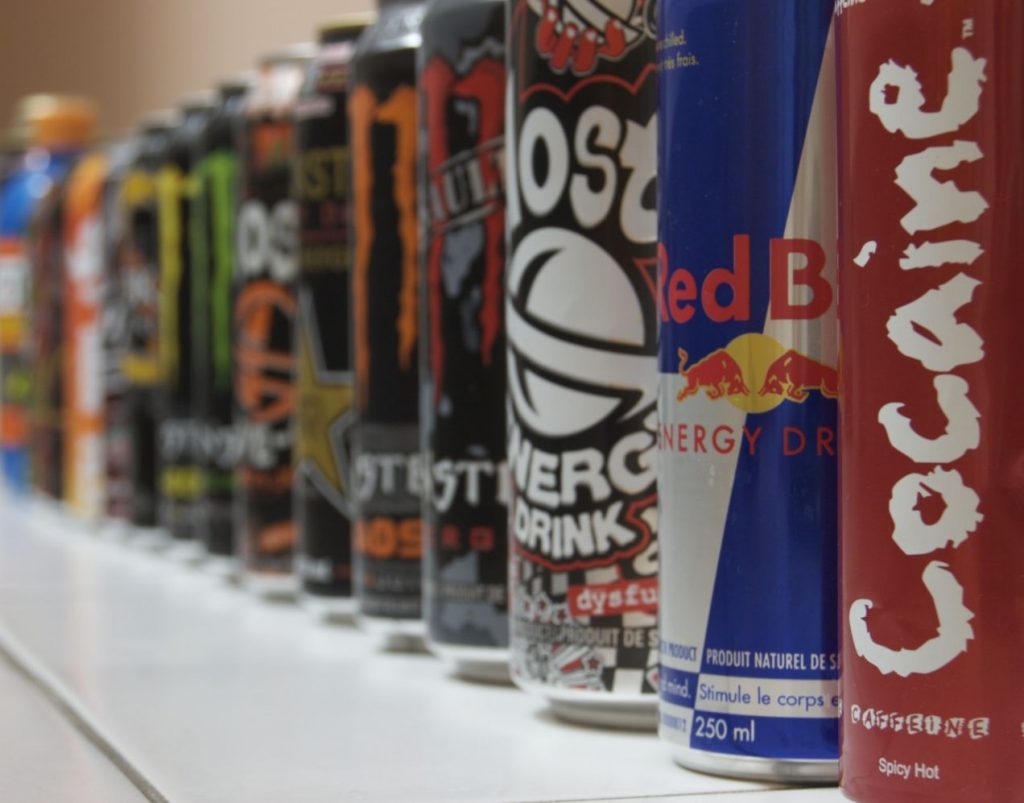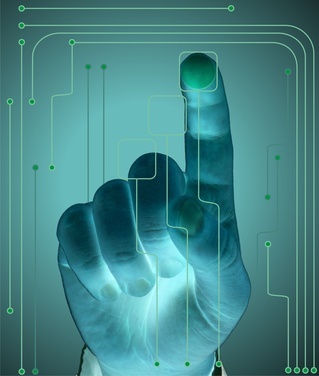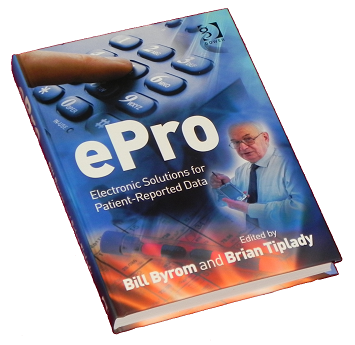Alcohol and energy drinks

There has been concern about mixing alcohol and caffeine-containing “energy drinks” (ED) such as Red Bull. This recent study (Benson et al., 2019) looked at a four-way comparison of placebo; alcohol (blood alcohol ~50 mg/100 ml); ED (80g caffeine), and ED plus alcohol. Alcohol showed clear impairment on a range of tests as expected, in particular increasing error rates. ED showed improvements on a few measures, again as expected. There was no consistent pattern of interaction between alcohol and ED nor of antagonism between them.

